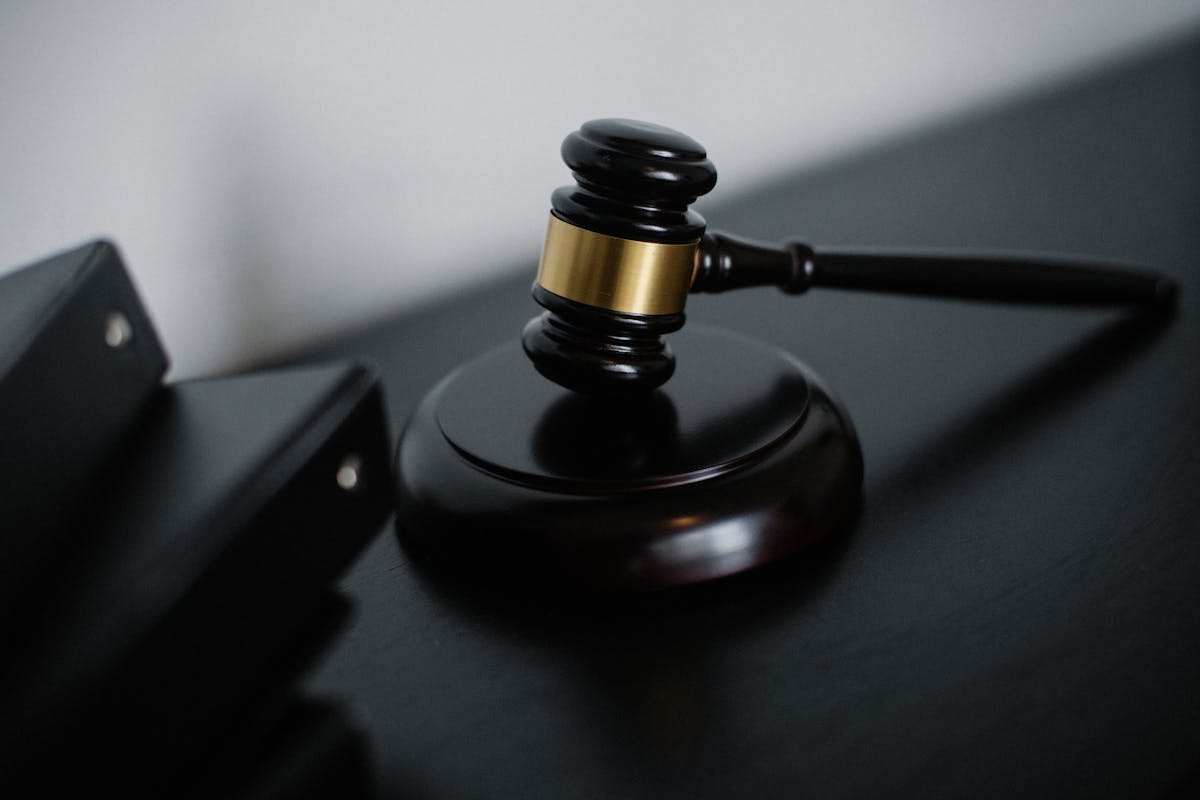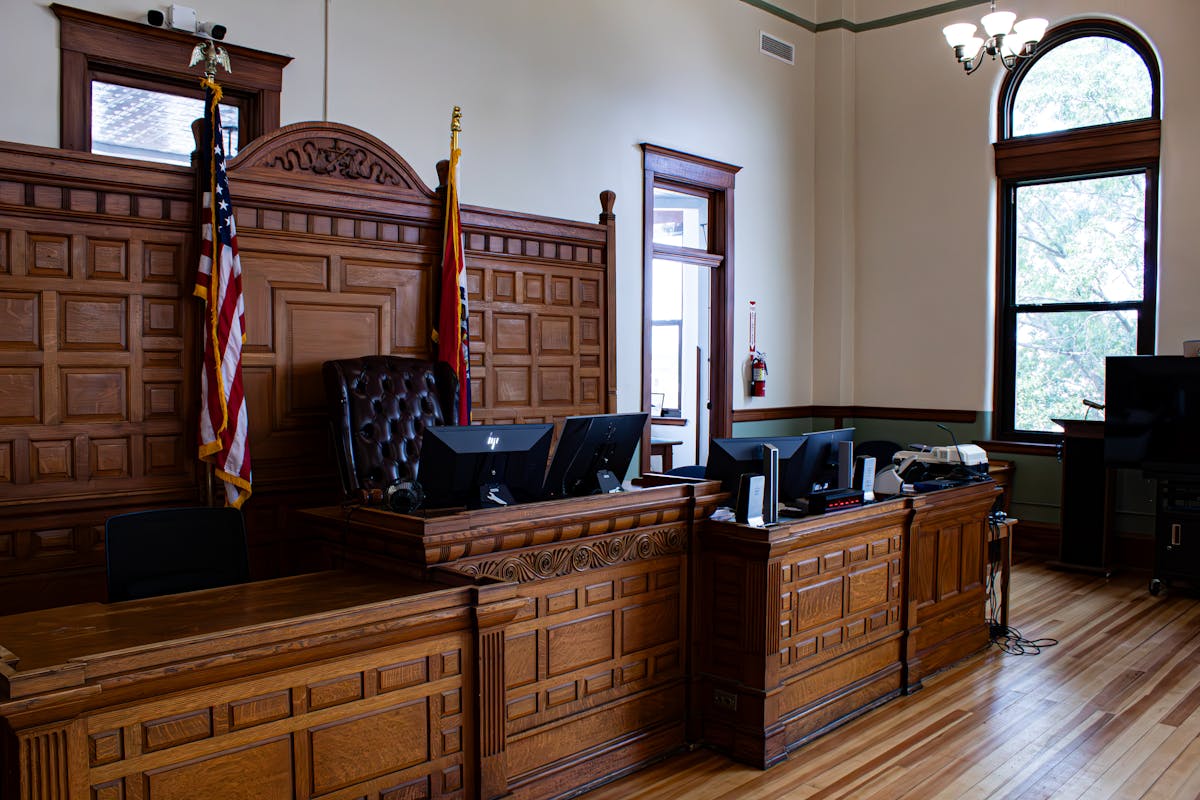
Understanding the court proceedings can help you feel more prepared and confident when dealing with legal matters. Whether you’re involved in a lawsuit or simply want to understand how the system works, knowing what happens during court proceedings is essential.
Legal processes can seem complex, but breaking them down into clear steps makes them easier to follow and navigate.
It’s important to break down the meaning of court proceedings in detail and outline the different stages of a case. If you’re confused about what happens next or how a legal case unfolds, you’re in the right place.
What Does “Court Proceedings” Mean?
At its core, court proceedings refer to the formal steps taken within a court of law to resolve a legal dispute. These proceedings follow a structured process where each party presents their case and supporting evidence to a judge or jury.
In simple terms:
- A dispute is brought to the court.
- Each party gets an opportunity to present their side.
- The court listens to both arguments.
- A decision is reached based on facts and legal principles.
Whether it’s a civil, criminal, or family case, court proceedings are designed to ensure fairness, order, and justice.
Court Proceedings Meaning in Law and How It Applies to Your Case
The court proceedings meaning in legal terms, refer to the structured process of presenting and defending legal claims governed by procedural rules set by state or federal law depending on the jurisdiction and type of case.
Key elements include:
- Initiation of a lawsuit or legal action
- Exchange of legal documents (pleadings)
- Evidence gathering through discovery
- Hearings or trials where parties argue their case
- Judgment or resolution
Understanding these steps helps you see the larger picture, even if you’re only involved in one phase of the case.
The Stages of Court Proceedings
Let’s take a closer look at the different stages of a typical court proceeding. While every case is unique, most follow a general structure:
|
Stage |
Description |
|
1. Filing |
The process begins when a complaint or petition is filed with the court. |
|
2. Service of Process |
The opposing party is formally notified of the case. |
|
3. Response |
The other side has the opportunity to answer or respond to the filing. |
|
4. Discovery |
Both parties collect and exchange relevant information and evidence. |
|
5. Pre-Trial Motions |
Legal arguments may be raised to resolve or limit issues before trial. |
|
6. Trial |
A judge or jury hears the case and evaluates the facts. |
|
7. Judgment |
A decision is rendered, concluding this phase of the case. |
|
8. Appeals (if applicable) |
The party that loses may appeal the decision to a higher court for review. |
These steps ensure that each party has a fair opportunity to present their case and that decisions are made based on facts and law.
What Happens During Court Proceedings?
Court proceedings are not a single event but a sequence of legal actions. Here’s a breakdown of what typically happens:
- Case initiation: A person or party brings a claim to the court.
- Notification: The other party is legally informed (served).
- Case building: Each side collects documents, statements, and evidence.
- Pre-trial meetings: The court may hold conferences to streamline the process.
- Hearing or trial: The facts are presented, witnesses may testify, and legal arguments are made.
- Ruling: A verdict or judgment is issued.
Each stage has specific rules and timelines that must be followed. Missing a step or deadline can delay the process or affect the outcome.
What Are “Further Proceedings” in Court?

The term ‘further proceedings meaning in court,’ refers to additional legal steps that occur after an earlier stage in a case. These may be necessary when:
- The court requires more information.
- A decision has been made but not fully enforced.
- New issues or motions have arisen.
- An appeal or reconsideration is requested.
For example, if a court hearing doesn’t result in a final decision, the judge may schedule further proceedings to continue the case. This helps the court gather enough evidence or allow additional arguments before reaching a final judgment.
So, when you hear ‘for further proceedings meaning in court,’ it typically indicates that the legal process isn’t over yet and more steps are needed.
Types of Court Proceedings
There are several types of court proceedings, depending on the nature of the legal matter. Here’s an overview:
- Civil Proceedings
Involve disputes between individuals or organizations. Examples include:
- Contract disagreements
- Property issues
- Personal injury claims
- Criminal Proceedings
Brought by the government against someone accused of breaking the law. These may involve:
- Misdemeanors
- Felonies
- Sentencing hearings
- Family Court Proceedings
Focused on personal matters such as:
- Divorce
- Child custody
- Guardianship
- Probate Proceedings
Take responsibility for distributing a deceased person’s estate, which involves:
- Will validation
- Asset distribution
- Executor responsibilities
Understanding which type of court proceeding you’re involved in can help you better anticipate the process and what’s expected of you.
Key People Involved in Court Proceedings
Court proceedings don’t just involve the parties in dispute. A range of individuals play crucial roles in how a case moves forward and how decisions are made. Knowing who’s involved—and what they do—can give you a better sense of what to expect during each phase of the legal process.
Here’s a breakdown of the key players in most court proceedings:
- Judge: The judge oversees the case, making sure that all proceedings are conducted impartially and in accordance with the law. In a bench trial, the judge also makes the final decision.
- Jury (if applicable): In certain cases—especially criminal and some civil trials—a jury may be tasked with assessing the evidence and delivering a verdict based on the facts provided.
- Plaintiff or Petitioner: This is the individual or party who initiates the legal action. In civil cases, it’s typically the person seeking compensation or relief.
- Defendant or Respondent: This is the person or party responding to the claim. They have the right to present evidence, file responses, and defend their position.
- Attorneys: Most parties are represented by legal counsel who handle filings, present arguments, examine witnesses, and navigate legal rules on behalf of their clients.
- Court Clerk: The clerk manages court records, schedules hearings, and handles documentation throughout the case.
- Court Reporter: In proceedings where a transcript is required, the court reporter creates a verbatim record of what’s said during hearings or trials.
- Bailiff: The bailiff ensures order is maintained in the courtroom, provides security, and assists with managing the movement of individuals in and out of the courtroom.
Each of these roles contributes to the structure, fairness, and efficiency of court proceedings. Understanding who’s involved can help you prepare and communicate more effectively throughout your case.
Common Terms You May Encounter

Legal language can be confusing. Here are a few related terms explained simply:
Term | Meaning |
Pleading | A formal statement of a claim or defense. |
Motion | A request to the court to issue a ruling or take action. |
Hearing | A session where a judge listens to arguments and evidence. |
Discovery | The exchange of legal information between parties. |
Judgment | The court’s final decision on the matter. |
By familiarizing yourself with these terms, you’ll feel more confident when reading court documents or attending hearings.
What to Expect After Initial Court Proceedings
The legal process doesn’t always end after the first hearing or judgment. Here’s what may happen next:
- Post-judgment motions: One party may request changes or clarifications.
- Enforcement: The court ensures its orders are carried out, such as collecting a debt or transferring property.
- Appeals: A party may ask a higher court to review the decision.
- Further proceedings: The court may schedule additional sessions to resolve the remaining issues.
Remaining engaged and informed during this time is critical. Understanding what to expect allows you to better prepare for each upcoming step.
Why Court Proceedings Matter
Understanding the meaning of court proceedings isn’t just for legal professionals. If you’re involved in a legal matter, knowing what each phase involves can help you:
- Avoid unnecessary delays
- Communicate more effectively with your legal support
- Meet deadlines and requirements
- Stay organized and informed
Even if you’re not directly appearing in court, these proceedings affect how your case is handled and resolved.
The Role of Legal Documents in Court Proceedings
Legal documents play a vital role throughout the life of a court case. These documents serve as the foundation for communication between parties and the court. They guide the process, document key decisions, and maintain a formal record of each step.
Here’s how they’re used during different stages of court proceedings:
Initiating Documents
The first documents filed in a case—such as complaints, petitions, or summons—initiate the court’s involvement. These outline the nature of the dispute, the parties involved, and what the person filing the case is seeking.
Responsive Documents
Once a case begins, the opposing party must respond with legal paperwork—such as an answer or motion to dismiss. These documents allow each side to present their position formally and clearly.
Discovery Materials
During discovery, parties exchange documents like:
- Interrogatories (written questions)
- Requests for production (documents or evidence)
- Depositions (sworn statements)
This phase builds the evidence base of the case and prepares both sides for trial.
Motions and Briefs
Throughout the process, legal teams may submit motions to request specific actions or rulings. Examples include motions to compel discovery, motions for summary judgment, or requests to postpone hearings. These often involve supporting legal briefs.
Orders and Judgments
At various stages, the court issues written orders to direct the parties or make rulings. Once the case is resolved, a judgment document is issued, finalizing the court’s decision.
Properly handling these documents—filing them on time, responding appropriately, and following formatting rules—is crucial to the smooth progression of any case.
Timelines and Deadlines in Court Proceedings

Court proceedings follow a strict schedule governed by legal deadlines. Missing one of these deadlines can delay your case—or worse, result in penalties or dismissal. Understanding how timelines work helps you stay on track and avoid unnecessary complications.
Why Deadlines Matter
Each stage of a court case comes with its own required timeframe. These deadlines exist to ensure fairness, give each party enough time to respond, and keep the legal process moving efficiently. Courts expect all parties to comply with these rules, whether you’re filing a response, submitting evidence, or appearing for a hearing.
Examples of Common Legal Deadlines:
- Filing a response to a complaint (typically within 30 days)
- Serving legal documents within a set period after filing
- Submitting discovery materials by court-ordered dates
- Requesting continuances before a scheduled court date
- Filing appeals within a specific time after judgment
Extensions and Court Discretion
While courts can grant extensions under certain circumstances, they typically require a formal request and a valid reason. Failing to request an extension in time may forfeit your right to respond or take further action.
Staying Organized
Keeping track of important dates can help ensure that:
- You don’t miss critical filing windows
- Your side of the case is heard
- Your legal strategy stays intact
Using calendars and reminders and working closely with your legal support can reduce the risk of missing a key deadline.
Empowering Yourself with Court Proceedings Knowledge
Understanding the court proceedings meaning can give you clarity and a greater sense of control during a legal case. From the initial filing to the final judgment—and even through any further proceedings—each step plays a vital role in how justice is carried out. Being informed helps you manage expectations, meet deadlines, and make confident decisions.
Not sure what step comes next in your legal matter? Understanding the full scope of court proceedings helps you move forward with clarity and confidence every step of the way.






